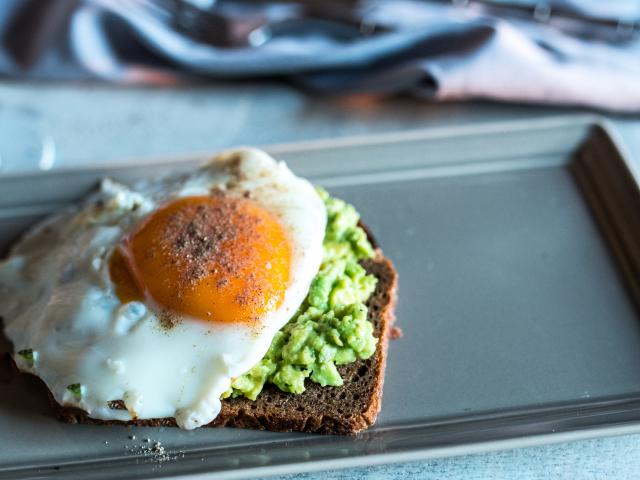
It really is a miracle that any of us exist when you look into the finer details of how conception comes about and how many factors are crucial to dictate the outcome, Deanna Copland writes.
Statistically, about half of modern pregnancies are unplanned. For others, it has been a long and often painful and/or costly journey.
A wedding usually takes one year of preparation for one day of perfection; ideally a preconception programme through a naturopath would also be a top priority to have both mother and father in their optimal health states prior to conception to ensure the healthiest baby possible.
For a lot of women, the poorly named "morning" sickness, which can last all day, can be debilitating. This is due to the increased levels of progesterone and oestrogen circulating through the liver.
Some find sipping ginger tea beneficial. You can buy fresh ginger root and either grate about tsp into a cup of hot water to drink hot or cold, or you can get pre-made ginger herbal teas.
Small snacks more often rather than sitting down to a main meal can also be worthwhile.
Snacks, such as rice crackers with avocado, yoghurt with fresh fruit, a mixture of raw nuts, seeds and some dark chocolate or a baked potato with sour cream and cheese, might settle the nausea. Smaller snacks are easier to digest and help to keep blood sugar levels even throughout the day.
Listen to your body. Taking a nap during the day (where possible) is very beneficial if your sleep is interrupted at night.
During your first trimester you can feel overwhelmingly tired (thanks to the sedative effects of high progesterone levels), so going to bed earlier and prioritising sleep is important.
Stress during pregnancy has been linked to pre-term birth and low birthweight, and those can cause developmental delays and learning disabilities.
Obviously, the demands of work, home, and other children don’t come to a halt just because you’re pregnant so use support networks, where possible.
Managing stress using breathing techniques and meditation, yoga, eating nutritious wholefoods and regular pregnancy massage can all be helpful.

Vitamin D deficiency is common in pregnant women and in breast-fed infants. Adverse health outcomes such as premature births, low birthweight, poor postnatal growth, bone fragility, and increased incidence of autoimmune diseases have been linked to low vitamin D levels during pregnancy and infancy.
Vitamin D is a fat-soluble vitamin naturally derived from UVB waves from the sun.
Dietary sources are limited and include oily fish, such as salmon and sardines, and egg yolks so it is usually included in pregnancy multisupplements.
Stretch marks can be due to a zinc mineral deficiency; some food sources of zinc are pumpkin seeds and beef. Adequate levels of zinc present in the body also reduce the perineum tearing during birth.
Locally-made Artemis Mother and Baby Massage Oil can be applied directly to the growing belly each day also to prevent stretching and this is a superior option over petroleum-based synthetic vitamin E oils.
Stay active. If you already have a training programme pre-pregnancy, maintain it with the guidance of your healthcare professional.
Otherwise, staying active with gentle exercise such as walking, swimming and yoga can help to boost your mood, promote good sleep and improve your circulation.
Gaining too much weight during pregnancy increases the likelihood of delivering early, developing pre-eclampsia (which can also lead to prematurity) and gestational diabetes.
Poor maternal nutrition and too much weight gain can also lead to weight issues in the baby which can last throughout its life.
Many women put on much more weight than recommended because they overestimate how many extra calories they need.
An additional 1200kJ a day, about what you get from 1 slice of grainy toast with avocado, 1 egg and a small dollop of pesto (see below) is all you need to fuel your baby’s growth.
By looking after yourself with plenty of rest, healthy nutrition and regular exercise, pregnancy can be an enjoyable experience.
• The advice contained in this column is not intended to be a substitute for direct, personalised advice from a health professional.

Pumpkin seed pesto
Ingredients
1 cup pumpkin seeds
1 cup raw cashews
¼ cup water
5 Tbsp extra-virgin olive oil
¼ tsp mineral sea salt
2 Tbsp fresh lemon juicerind of one lemon
3 cloves garlic
1 cup fresh herbs, such as basil or coriander or baby spinach leaf
Method
Combine all ingredients in a food processor. Pulse until the mixture forms a coarse paste and then season with salt and pepper, to taste. Cover and chill until ready to use. The greens in this recipe are also a good source of folate, which is important in pregnancy.











